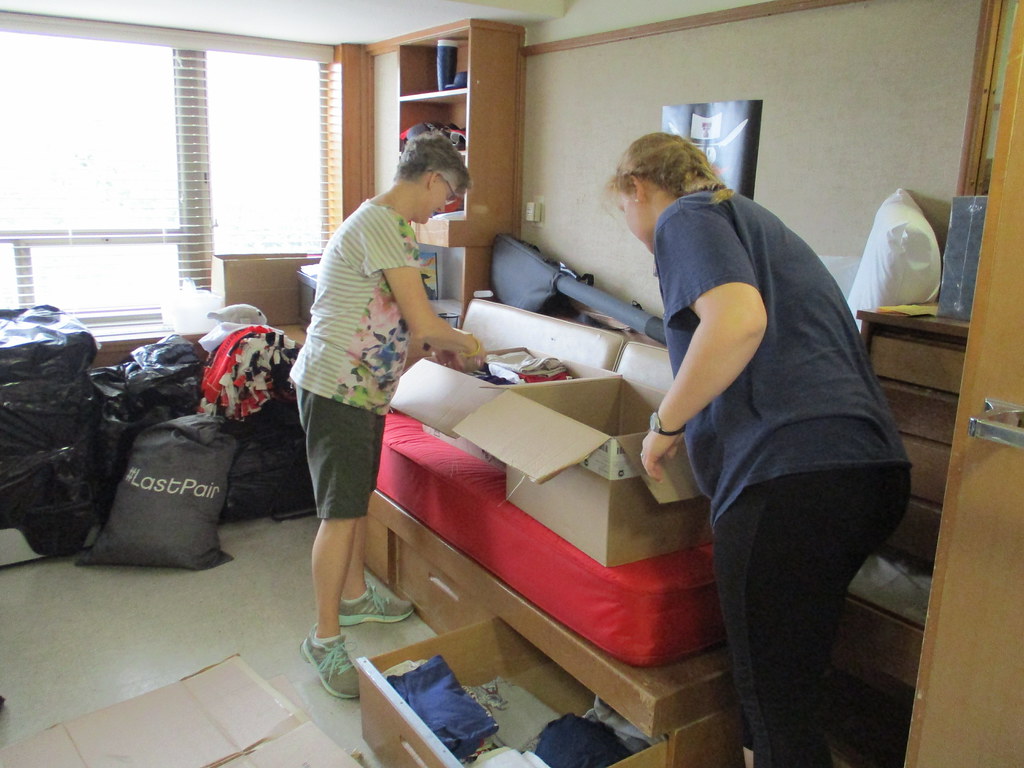
Life hardly ever goes as you plan, and it has a way of surprising you when you least expect it. We all understand that sadness is an integral part of life, and no matter how strongly we hold onto things and people we love, we are bound to lose out on one or the other. Depending on the emotional health, people deal with the disaster in various ways. Some people cave in and do not talk about it. Others pretend that they are uninfluenced, and the crisis does not affect them. However, neither is healthy.
Disasters can be life-changing events, which impact a person’s personality significantly. When these unfortunate events occur, people go through extreme suffering, and their psychological and mental conditions deteriorate. Trauma can be of various types, such as addiction, abuse, or loss of some loved one. Sad events have physical mental, social and emotional repercussions that people go through after the traumatic experience. A significant increase is visible in people suffering from mental health illnesses; however, still, many people blatantly refuse to take any help.
After an unfortunate event, the world does not seem reasonable, but people have no other choice but to come to terms with it.
Below we are listing some ways to help disaster survivors cope with the traumatic experience and accept the new normal:
- Crisis Intervention Counselor
A general pattern in disaster survivors is that they initially do not accept any support, and a mere mention of the counselor further draws them into themselves. It is only after a few days that they may agree to seek counseling. The phase of a counseling session lasts, at a minimum, for fifteen minutes, and it helps survivors understand that their reactions and thoughts are rational. Counseling sessions assist in connecting them with other individuals who have had similar experiences and after crisis intervention leading their lives successfully. Career counselors provide survivors with the tools and insights they need to process what they have endured so they can move forward.
- Providing Support
Disaster survivors feel better if someone is there supporting them without them asking for it. Often, being there with them is enough and helps survivors cope with the after-effects of the catastrophe. Emotional stability takes time and meanwhile requires emotional support from others. It makes the survivors feel less lonely, and the thought that someone is looking after them builds up courage in them. The mechanism of taking care and making affected people feel less isolated is wondrous and sometimes enough for them to come to terms with reality.
- New Hobbies
Reading a book, gardening, or riding a bike in a park seems harmless and does not require much effort. But for disaster survivors, simple tasks like washing one’s face or getting up from the bed is a big thing. After a traumatic experience, many people find themselves unable to enjoy the things they once loved doing. They do not possess the courage to try similar activities again. On the other hand, staying idle makes matters worse and makes the healing process more complicated. Psychiatrists suggest that keeping oneself occupied speeds up the restoration of mental health, and thus they advise them to indulge in various activities.
Moreover, trying out new things will help in looking at the positive side of life. Taking up new hobbies have a positive impact on chemicals in the body, and it, in turn, aids in relieving stress and anxiety. Devoting precious time to a productive hobby is an excellent way of managing crises.
- Safety
More often than not, after a crisis, people shut down their feelings and do not talk about their experiences. Some life challenges severely affect people’s thinking abilities, and they think harming themselves will help deal with it. Some people might be inclined to take solace in drugs or alcohol, or worst-case scenario, start contemplating taking their lives, thinking that the world would be a better place without them. The initial step after a crisis is to determine that the survivors are safe. You must gauge their emotional state and not leave their side if there is even one percent chance that they are unsafe.
- Plan
One of the after-effects of a crisis is that the victims feel hopeless about the future. Sometimes it is due to not meeting expectations, and to save themselves from further disappointments, they stop planning about their future. As a friend, you need to understand that this is normal behavior, but you should try to include them in your plans, which not necessarily have to be something big. Still, preparing for an intimate gettogether, renovating your home, or dinner outside will energize them and help them survive a disaster.
Conclusion
Crisis leaves survivors in an unsafe condition and affects their rationality. They become sensitive, frightened, and dependent on others. Adequate help and proper counseling eases the complicated process of healing and assist them in becoming independent. Often, making them feel that their reactions are reasonable and sufficient. But some people require more assistance in coming terms with reality. There are clear rules of managing crises, but emotional support certainly does wonders.









